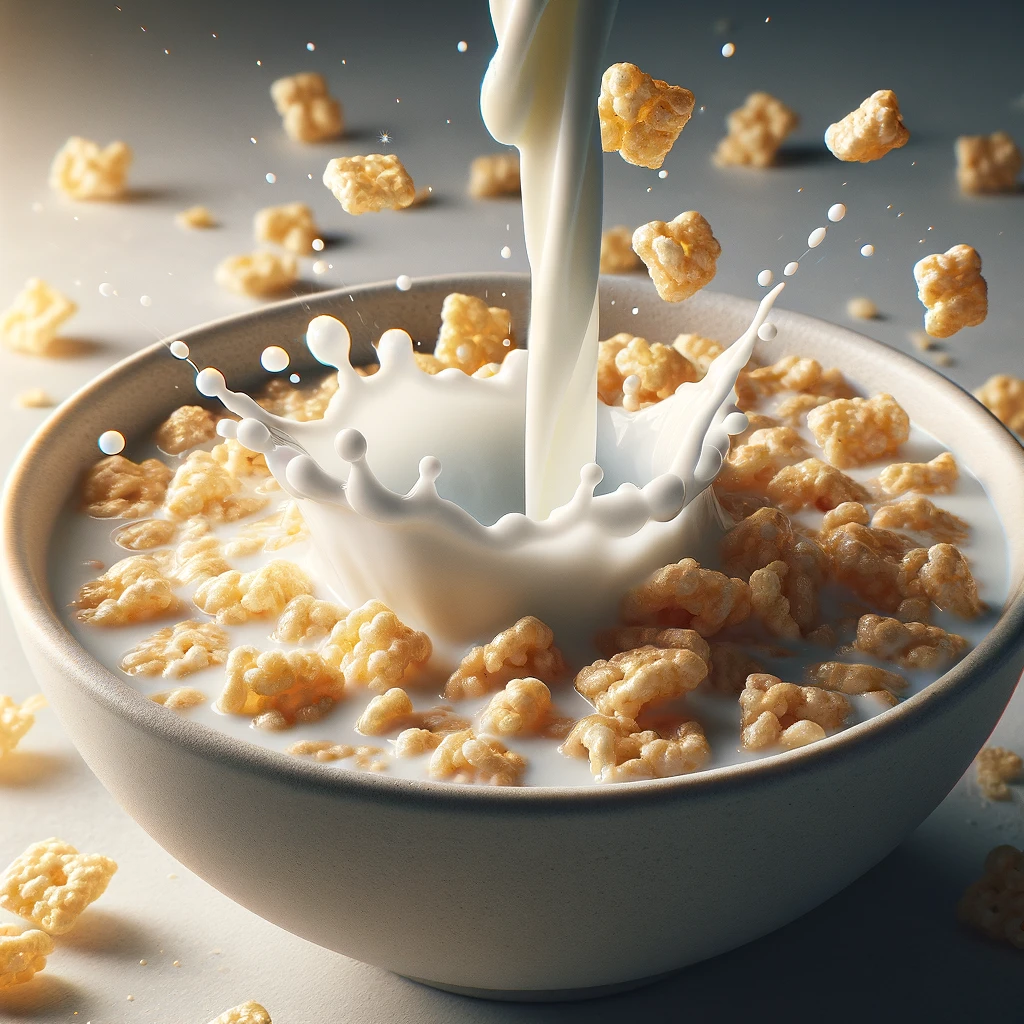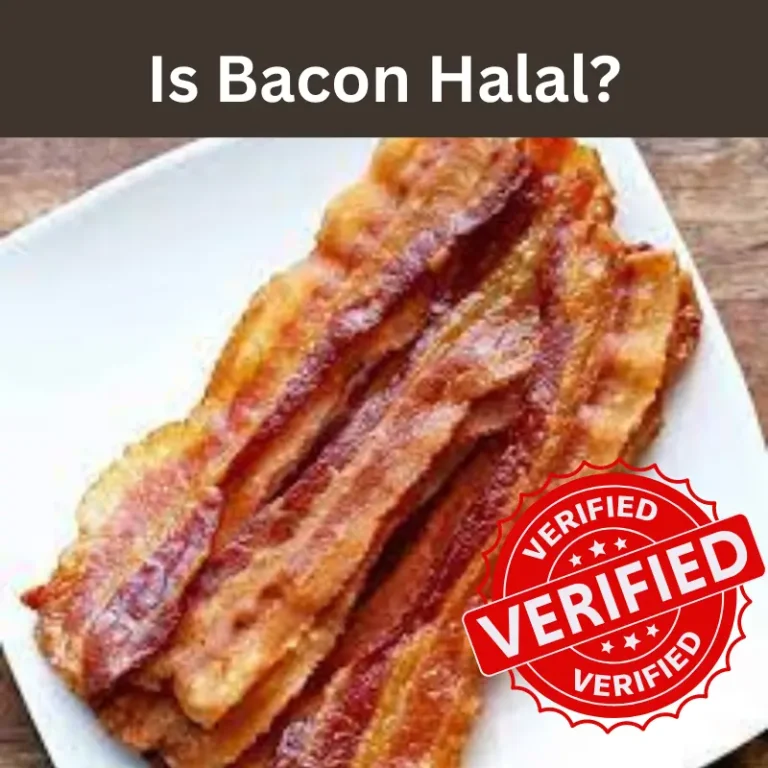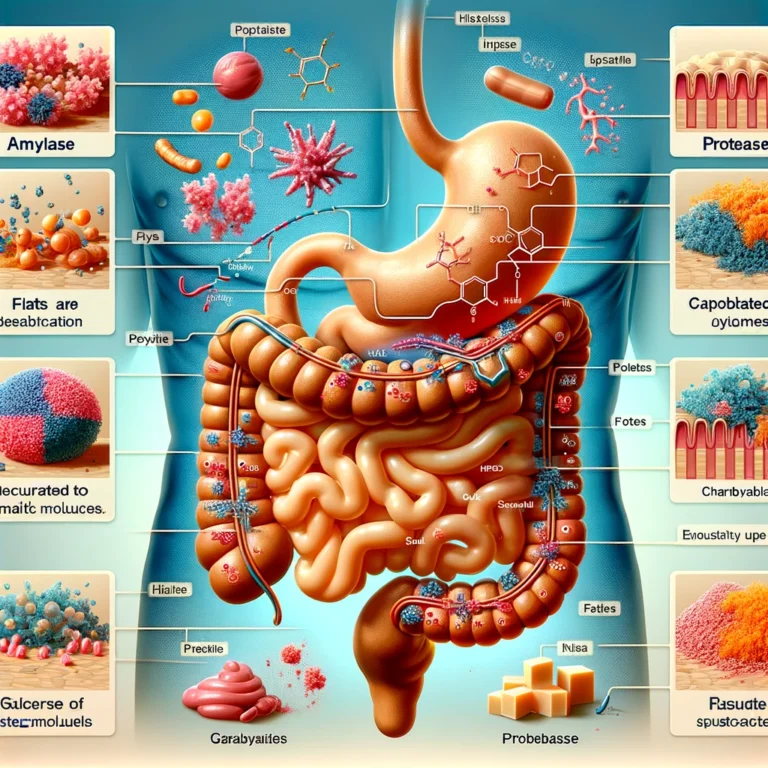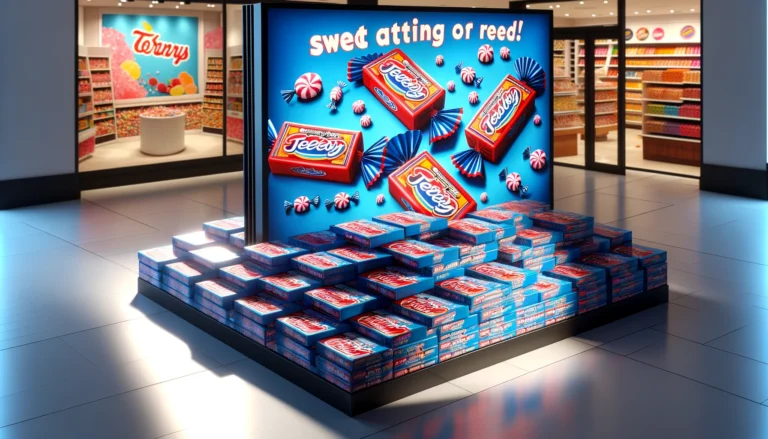Are Rice Krispies Halal?
Rice krispies are a popular breakfast cereal made by Kellogg’s. They are known for their crispy texture and snap, crackle, pop sound when milk is added. But an important question for Muslim consumers is: are rice krispies halal?
In this comprehensive article, we will analyze the ingredients and production process of rice krispies to determine if they meet halal standards according to Islamic law.
Table of Contents
- What Makes Food Halal or Haram?
- Key Ingredients in Rice Krispies
- Rice
- Sugar
- Malt Flavoring
- Manufacturing and Processing
- Are Rice Krispies Vegetarian?
- Rice Krispies Certifications
- Verdict: Are Rice Krispies Halal?
What Makes Food Halal or Haram?
According to Islamic law, for food to be considered halal it must meet the following criteria:
- The food itself is not haram or prohibited
- It does not contain any haram ingredients
- It has not come into contact with haram substances during preparation, processing, transportation or storage
Haram substances include pork, alcohol, certain animal byproducts and anything contaminated with these products.
So the first step in determining if Rice Krispies cereal is halal is analyzing the ingredients list and production process.
Key Ingredients in Rice Krispies
Rice Krispies ingredients are simple, with just 3 main components:
- Rice: Ground white rice is the main ingredient. Rice is generally considered halal.
- Sugar: Rice krispies contain sugar, which is halal.
- Malt flavoring: Malt extract adds flavor and is commonly made from barley, a halal grain.
Now let’s analyze each of these key ingredients in more detail.
Rice
Rice is the primary ingredient in rice krispies, making up the bulk of the cereal. Rice is considered universally halal, so the use of rice in Rice Krispies is not an issue from an Islamic dietary law perspective.
Rice is a grain that grows in flooded paddies and does not intrinsically contain any haram substances. It does not necessitate the slaughtering of animals nor does it require adding alcohol during processing and cooking.
There are over 40,000 varieties of cultivated rice (Oryza sativa) that are grouped into various types, including long grain, short grain, basmati, jasmine, Arborio, black rice, red rice and brown rice.
- Long grain white rice is most commonly used in Rice Krispies cereal.
- Medium or short grain varieties can also be used, contributing to the crispy rice texture.
During milling, the outer brown hull is removed, leaving the inner white rice grain intact. This white rice is then pre-cooked by boiling, dried and roasted to make the crispy rice cereal.
So in summary, since rice does not intrinsically contain any haram substances according to Islamic law, the use of rice as the main ingredient in Rice Krispies cereal is considered halal.
Sugar
The second main ingredient in rice krispies is sugar, which adds sweetness to balance the cereal’s crispy texture.
Sugar is considered universally halal by Islamic scholars and is commonly used as an ingredient in food products that meet halal standards.
There are various types of sugar derived from different sources:
- Cane sugar comes from sugar cane plants. It is the most common type used in food production.
- Beet sugar is extracted from beetroots.
- Coconut sugar comes from coconut palm sap.
- Date sugar is made from dried dates.
All these sugar sources are considered halal. During processing, sugar does not intrinsically contain any haram substances and does not necessitate the use of alcohol or other contaminants prohibited according to Islamic law.
For example, during the process of making cane sugar:
- Sugar cane plants are harvested
- The juice is extracted
- Impurities are removed
- The juice is boiled to form crystallized sugar
This process does not require adding any alcohol or animal byproducts. So cane sugar and other forms of sugar are permissible for Muslim consumption.
Since Rice Krispies cereal contains plain sugar as a sweetener, the use of sugar is in alignment with halal standards.
Malt Flavoring
In addition to rice and sugar, Rice Krispies contain “malt flavor.” This malt extract adds flavor and is likely derived from barley malt.
Barley is considered a halal grain, so malt flavorings made from barley do not contain any intrinsically haram substances.
The process of making malt flavoring typically involves these steps:
- Barley grain is soaked in water allowing it to germinate
- Germination is halted by drying with hot air
- The barley malt is mixed with water
- The liquid is strained and concentrated into syrup or powdered extract
During this process, no alcohol or other haram substances are necessitated. So malt flavoring derived from halal grains like barley is generally considered halal.
Some Muslims may wish to double check with the manufacturer that the malt flavoring used in Rice Krispies does not contain other additives or preservatives that could include haram ingredients like gelatin.
But plain malt extract derived from barley or other halal grains aligns with Islamic dietary standards.
In summary, the three core ingredients in rice krispies cereal – rice, sugar and malt flavoring – are generally recognized as halal by Muslim religious authorities. These plants and grains do not intrinsically contain any haram substances.
But in order to confirm Rice Krispies’ halal status, we also need to analyze the manufacturing process…
Manufacturing and Processing
In addition to analyzing ingredients, manufacturing and processing methods must also be considered when determining whether food products meet halal compliance.
This includes checking factors such as:
- Production equipment
- Cross-contamination
- Use of preservatives and anti-caking agents
- How ingredients are sourced
Fortunately, Rice Krispies are produced in dedicated cereal facilities that do not handle pork or alcohol.
They are manufactured by the Kellogg Company, which has strict allergen controls and procedures to prevent cross-contamination with potential allergens or haram substances.
Rice Krispies production follows these general steps:
1. Cooking rice
Rice is first cooked in water then transferred directly to drying equipment. The boiling water does not contain any additives.
2. Tempering rice
After boiling, the rice is put into tempering bins to rest and partially air dry, which helps form the crispy texture. Only rice goes into these tempering bins.
3. Drying and toasting
The rice is dried and toasted in dedicated ovens to achieve the signature crispiness. No other ingredients are present.
4. Adding flavor
The crispy rice is transferred to seasoning drums where sugar and malt extract are added and mixed together.
5. Packaging
The finished Rice Krispies cereal is packaged into bags or boxes for distribution and sale.
Through each stage of the manufacturing process, the crisp rice remains separated from any potential haram substances.
The equipment used for cooking, drying and seasoning the rice is thoroughly cleaned between production runs and does not come into contact with prohibited ingredients like pork.
And since Rice Krispies do not contain other additives like gelatin or emulsifiers, there is no risk of these types of ingredients being added during manufacturing.
In summary, the streamlined production process helps minimize any risk of cross-contamination with potential allergens or haram substances.
Are Rice Krispies Vegetarian?
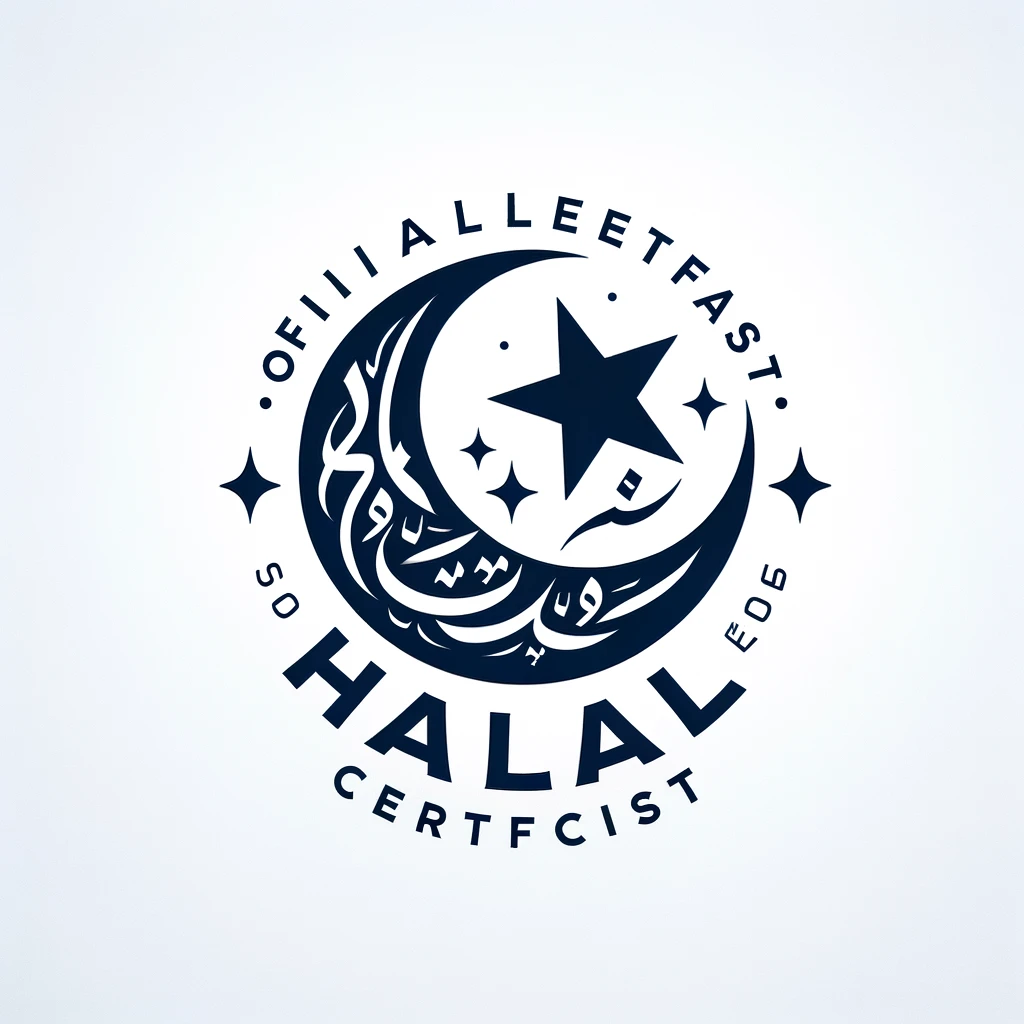
Related to halal standards, you may also be wondering: are Rice Krispies vegetarian?
The answer is yes.
Rice Krispies cereal is completely vegetarian, vegan and plant-based. The ingredients contained in rice krispies are:
- Rice
- Sugar
- Malt (barley) flavoring
It does not contain any animal derived ingredients like meat, eggs or dairy. Even the vitamins and minerals added to enrich Rice Krispies are vegan.
So people following vegetarian, vegan or plant-based diets can confidently eat rice krispies cereal.
And from a Muslim halal perspective, the lack of animal ingredients is an added reassurance that haram substances are not present.
Rice Krispies Certifications
In addition to analyzing the ingredients and manufacturing process, many Muslims like to look for official certification when determining if a food product is halal compliant.
Are Rice Krispies halal certified?
Rice Krispies cereal is not officially certified as halal.
However, Kellogg’s states that many of their cereal products, including Rice Krispies, meet Muslim dietary standards:
“Most Kellogg’s cereal formulas such as Kellogg’s® Corn Flakes®, Rice Krispies®, Frosted Mini Wheats® are in compliance with Muslim dietary laws… We do not use meat or meat derivatives in our cereal formulas. Nor do we use ethanol alcohol or pork or pork derivatives.”
While it would provide added assurance if Rice Krispies decided to pursue official halal certification in the future, Kellogg’s statement indicates they have evaluated the product’s compatibility with Muslim dietary requirements.
In lieu of certification, Muslim consumers can directly contact Kellogg’s if they have any additional questions or concerns regarding Rice Krispies’ halal status or allergen protocols.
Kellogg’s also has strict allergen and quality controls for all stages of manufacturing their cereals, which helps minimize cross-contamination risk.
Verdict: Are Rice Krispies Halal?
Given the simple plant-based ingredients, absence of animal products, and allergen controls during manufacturing, Rice Krispies cereal meets the criteria for halal compliance according to Islamic law.
To summarize key points:
✅ Rice, sugar and malt flavoring are intrinsically halal ingredients
✅ The ingredients and processing methods align with Muslim dietary standards
✅ There is no risk of cross-contamination with haram substances
✅ Rice Krispies are 100% vegetarian
While officially pursuing halal certification would provide further validation, based on analysis of the formulation and manufacturing, Rice Krispies do not contain anything prohibited under Islamic law.
Of course, observant Muslim consumers must evaluate the halal status of any product according to their personal standards and convictions.
But for many Muslims, Rice Krispies cereal is considered permissible to eat. The simplicity of ingredients and absence of animal products creates reassurance that it meets halal guidelines.
So let the snapping, cracking and popping begin – Muslims can enjoy Rice Krispies for a fun and halal-friendly breakfast!

